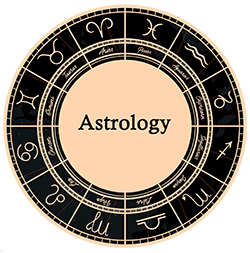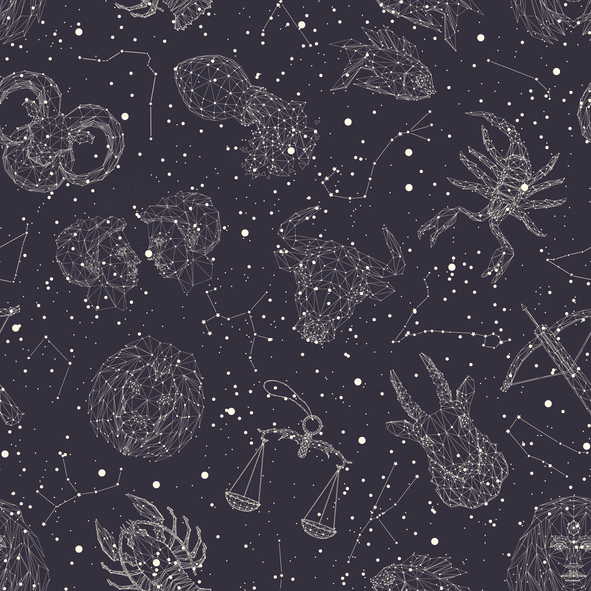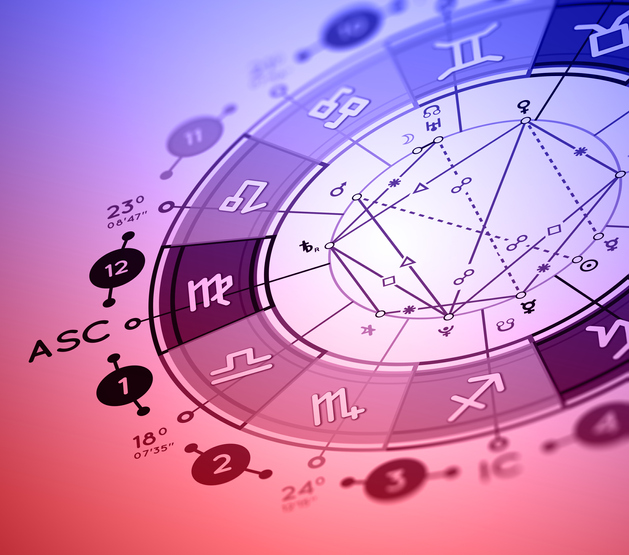Have you ever wondered about the difference between astronomy and astrology? Perhaps you have heard both terms used interchangeably and are not sure how to differentiate between the two. While both deal with celestial objects and their movements, they are vastly different in their approach and purpose. We will explore the difference between astronomy and astrology and why knowing it is crucial for anybody interested in the subject.
Stars, Planets, And Galaxies
Firstly, astronomy is the scientific study of celestial objects such as stars, planets, and galaxies. It is based on the principles of mathematics, physics, and other natural sciences to explain phenomena observed in space. Astronomers use telescopes and other advanced equipment to observe and analyze celestial objects. They seek to understand the universe's structure, composition, and evolution by studying the physical properties of celestial objects and their interactions.
Human Affairs and Terrestrial Events
Astrology is the belief that celestial objects have an impact on human affairs and terrestrial events. Astrology originated in ancient civilizations, primarily in Mesopotamia, Egypt, and Greece. Astrologers use horoscopes, which are based on the position of celestial objects at the time of one's birth, to make predictions about a person's future, personality, and life events. They believe that the positioning of celestial objects has a direct impact on a person's destiny.
Astronomers And Astrologers Have Different Goals
Astronomers seek to understand the underlying principles that govern the universe. They aim to uncover the mechanics that drive celestial objects and their movements. Their primary goal is to provide scientific explanations for the phenomena observed in space. On the contrary, Astrologers use celestial objects as a medium to gain insight into human affairs. They aim to use the positioning of celestial objects to gain an understanding of one's fate and destiny.
Predict Future Astronomical Events
Astronomy relies on physical evidence and mathematical principles to understand the universe. Astronomers use data and evidence to develop theories about the universe and predict future astronomical events.
In contrast, astrology relies on the interpretation of celestial events, which is subjective. It is based on personal beliefs and interpretation.
Not Mutually Exclusive
Astronomy and Astrology are not mutually exclusive. While Astronomy is a scientific discipline, Astrology contributes to human culture and art. Many ancient cultures practiced astrology for medical and philosophical purposes. Today, astrology is often used for psychological counseling and self-discovery. It's essential to note that both disciplines require vastly different skills and knowledge bases. The only similarity they share is that they both deal with celestial objects, but their approach, purpose, and validity vastly differ.
Final Thoughts
It's essential to understand the critical differences between Astronomy and Astrology. The fundamental difference lies in approach, purpose, and validity. Astronomy is a science that relies on evidence and mathematics to explain phenomena observed in space, whereas astrology is a belief system that deals with celestial objects' influence on human affairs. While both Astronomy and Astrology are fascinating topics, they differ significantly in their methods and goals. Therefore, it's essential to be mindful of the distinction when engaging with either of the subjects.











